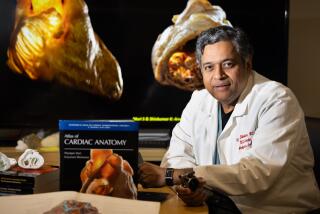The Los Angeles Times Book Prize,...
Physicians, trained as healers, became murderers in Nazi Germany as they “healed” the body of the German nation by eliminating the crippled, the insane and the racially “diseased.”
In Auschwitz, Nazi doctors presided over the murder of most of the one million victims of that camp. Doctors performed selections--both on the ramp among arriving transports of prisoners and later in the camps and on the medical blocks. Doctors supervised the killing in the gas chambers and decided when the victims were dead. Doctors conducted a murderous epidemiology, sending to the gas chamber groups of people with contagious diseases and sometimes including everyone else who might be on the medical block. Doctors ordered and supervised, and at times carried out, direct killing of debilitated patients on the medical blocks by means of phenol injections into the bloodstream or the heart. In connection with all of these killings, doctors kept up a pretense of medical legitimacy: for deaths of Auschwitz prisoners and of outsiders brought there to be killed, they signed false death certificates listing spurious illnesses. Doctors consulted actively on how best to keep selections running smoothly; on how many people to permit to remain alive to fill the slave labor requirements of the I.G. Farben enterprise at Auschwitz; and on how to burn the enormous numbers of bodies that strained the facilities of the crematoria.
In sum, we may say that doctors were given much of the responsibility for the murderous ecology of Auschwitz--the choosing of victims, the carrying through of the physical and psychological mechanics of killing, and the balancing of killing and work functions in the camp. While doctors by no means ran Auschwitz, they did lend it a perverse medical aura. As one survivor who closely observed the process put the matter, “Auschwitz was like a medical operation,” and “the killing program was led by doctors from beginning to end.”
More to Read
Sign up for Essential California
The most important California stories and recommendations in your inbox every morning.
You may occasionally receive promotional content from the Los Angeles Times.









